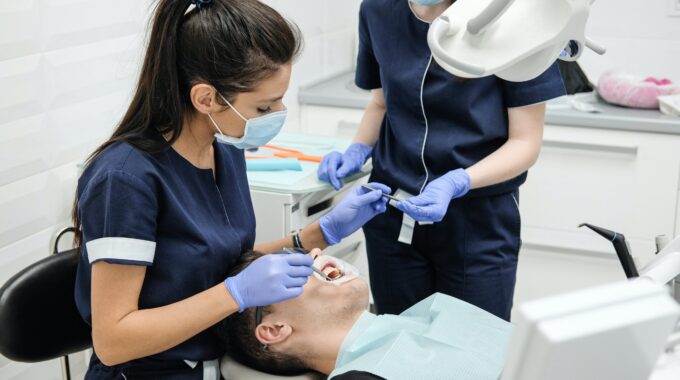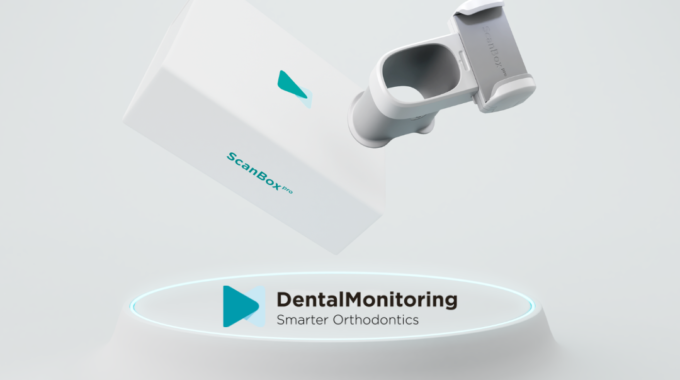What is Dental Monitoring? Dental Monitoring is a program that has been developed by a…

What is an Orthodontic Therapist?
Orthodontic therapists are dental care professionals that assist orthodontists and dentists in delivering orthodontic treatment, both under the NHS and within private practice.
Leeds Dental School opened the first orthodontic therapist course in 2007, with the first cohort qualifying in 2008. There are now close to 600 orthodontic therapists working in the UK.
They are a great addition to the team and are becoming increasingly popular. So if you have braces, you may well be treated by an orthodontic therapist along side your orthodontist.
So, what can they do?
Well, they are able to do a whole host of treatments including, but not limited to:
- Records- radiographs/impressions/photographs/digital scans
- Fitting braces- active removable braces that have been adjusted by the orthodontist/fixed braces/orthodontic separators and bands
- Adjustment of braces- according to orthodontists prescription
- Oral hygiene and care instructions
- Removal of braces- removal of brackets and adhesive
- Fitting of retainers-removable and fixed
- Making appropriate referrals to other healthcare professional
In other words, an orthodontic therapist is able to provide reversible and non-invasive orthodontic treatment.
They are not expected to:
- Diagnose disease such as dental decay
- Formulate treatment plans
- Place active bends in wires
- Adjust active removable appliances
Many orthodontic therapists start by getting dental nursing qualifications, along with radiographic qualifications as a baseline. After gaining experience in orthodontic nursing, they may be eligible to apply for orthodontic therapy. Beware, each university will have its’ own entry requirements, so it is best to check this prior to applying.
Registration with the General Dental Council is also essential.
Generally, courses start with several weeks at university to learn the core skills necessary to begin workplace training. These will be supplemented by study days throughout the year and clinical training in a practice or hospital setting under the supervision of an orthodontic specialist.
The course itself is one year fulltime, at the end of which will be exit exams. Successful candidates will obtain a Diploma in Orthodontic Therapy.
If you want to find out more, check out the links below:
https://www.bos.org.uk/BOS-Homepage/Careers-in-Orthodontics/Orthodontic-Careers-for-Nurses-Technicians-and-Therapists/Becoming-an-Orthodontic-Therapist
https://www.rcseng.ac.uk/education-and-exams/exams/search/diploma-in-orthodontic-therapy/



